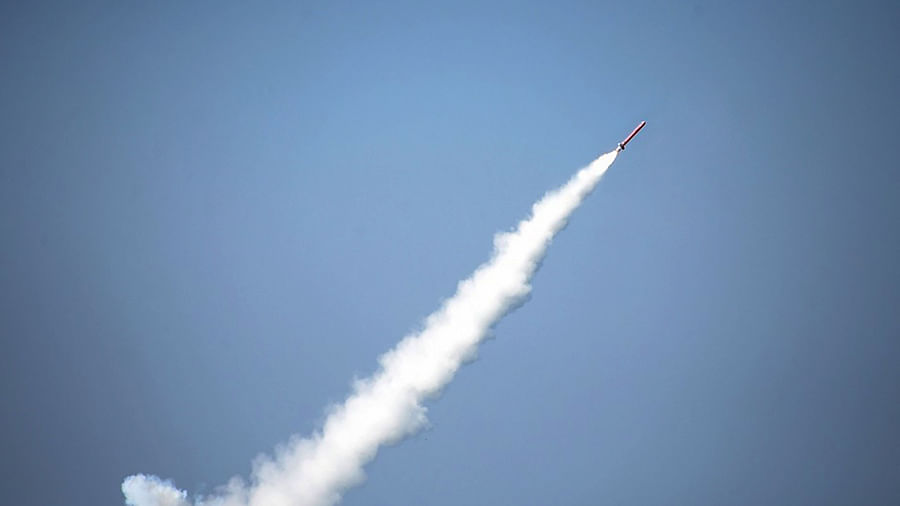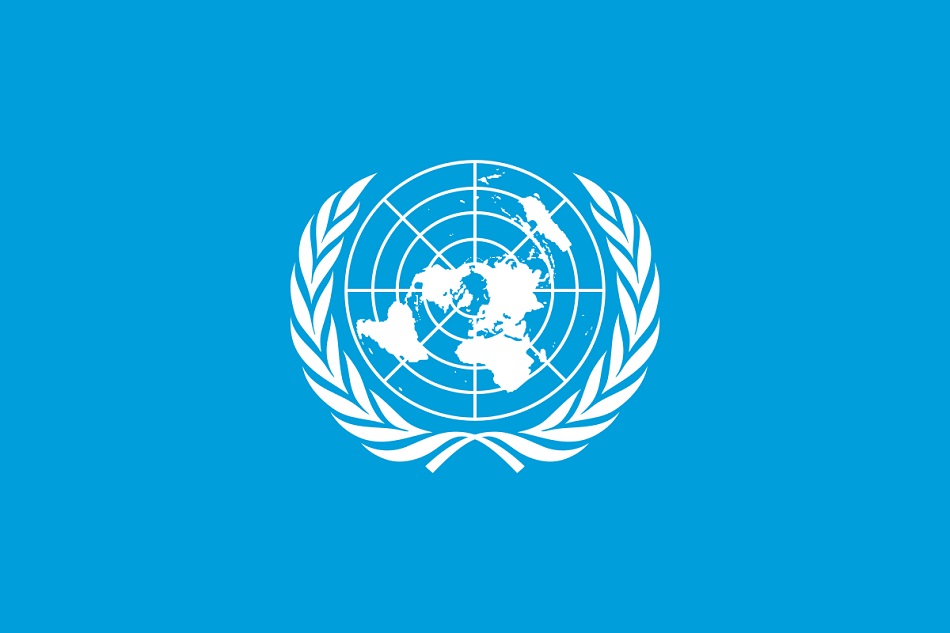Smallest nuclear war would devastate ocean systems

Even the smallest nuclear war would devastate ocean systems, leading to sharp declines in fish stocks, expansion of ice sheets into coastal communities and changes in ocean currents that would take decades or longer to reverse.
A Rutgers researcher and an international team of geoscientists, led by Cheryl S Harrison at Louisiana State University, came up with the disclosure recently.
"Our model is the first large-scale effort to quantify the effects of a nuclear war on oceans," said Alan Robock, a distinguished professor of climate science in the Rutgers department of environmental sciences and a co-author of the study published in the American geophysical union journal AGU Advances.
Opinion related news
Highly accurate non-invasive test for liver diseases developed World population to hit 8 bn this year: UN Webb space telescope opens door to discoveries still unimaginedTo model marine responses to nuclear conflict, Robock and his colleagues simulated a large US-Russia war and several smaller India-Pakistan wars. By looking at the nuclear arsenals of the four countries and potential targets, the researchers calculated the amount of soot that would be dispersed into the atmosphere from the resulting firestorms and block out the sun.
The researchers then used the community earth system model (CESM), a climate simulation tool supported by the national center for atmospheric research, to determine the short- and long-term effects of the atmospheric soot on ocean functions.
In the US-Russia war scenario, shortwave radiation from the Sun was reduced by 70 per cent and the global average surface temperature declined by 7 degrees Celsius (12 Fahrenheit degrees) in the first months, with more extreme cooling in the Northern Hemisphere.




